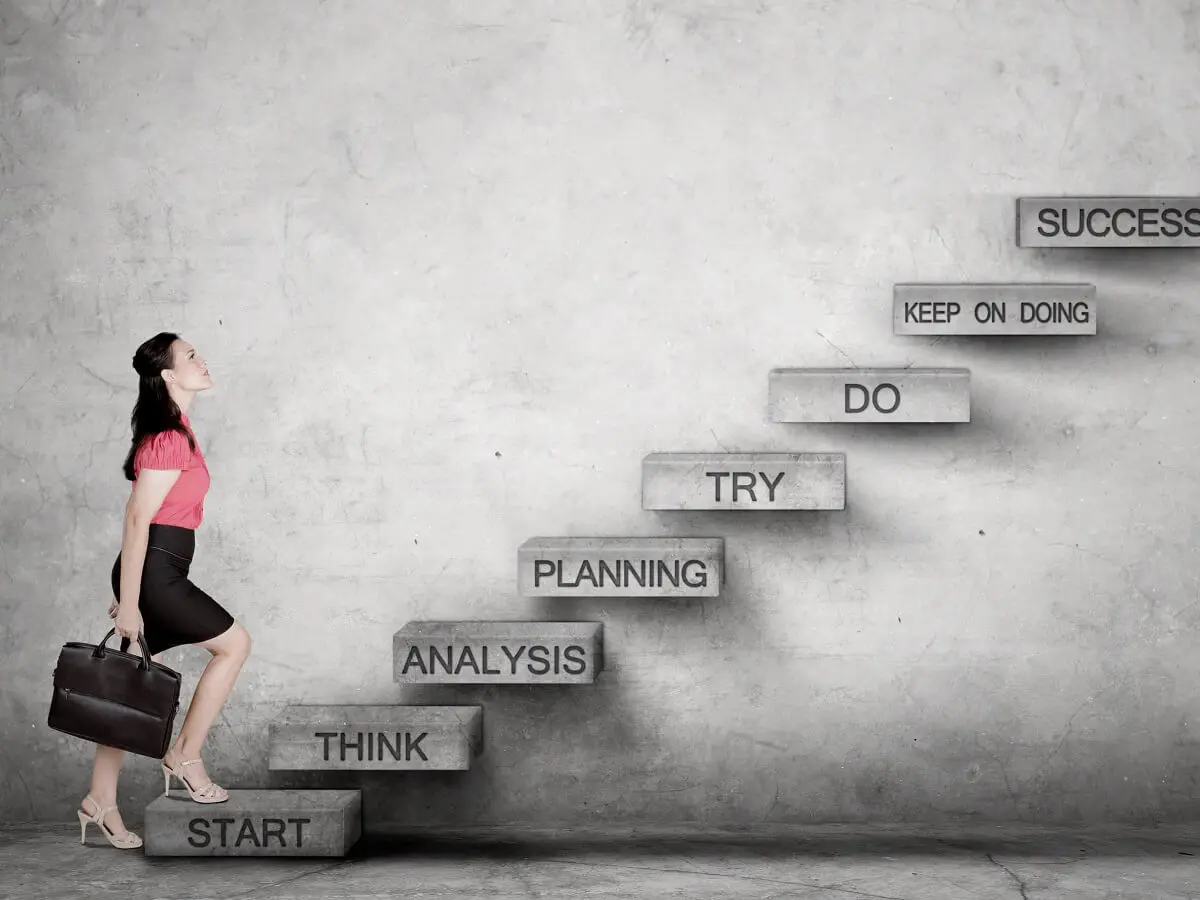How to Cultivate Willpower?


Written and verified by the psychologist Andrés Carrillo
If we learn to cultivate willpower then this can improve our productivity in many areas of our lives in the medium and long term. In particular, this is understood as perseverance towards our goals. However, it’s often easier said than done. Keep reading to find some great tips on how to achieve it!
When we don’t consider the importance of persistence and willpower, then we’ll eventually give up on our projects. The problem is that worthwhile accomplishments aren’t usually achieved immediately. So, how do we maintain that motivation?
What happens when there’s no willpower?
People who don’t know how to cultivate willpower tend to stagnate. It doesn’t matter what the project is, if there’s no prolonged motivation, failure is certain, and you’ll never achieve personal fulfillment.
Some people blame their failures on fate or bad luck, but none of that has anything to do with achieving our goals. People who don’t take responsibility for their mistakes are the same people who lack the willpower to get things done.

How to deal with a lack of motivation?
The best coping styles are productive ones. In other words , actions that lead to an expected result.For example, when we don’t feel like studying, but we know that we have to do it, the best thing to do is to mobilize ourselves according to what is necessary.
Within this framework, it’s clear that creativity has great value. The student who is tired of studying in the traditional way must devise a new system. Mechanically repeating the same study method is counterproductive.
How to cultivate willpower?
To improve intrinsic motivation, it’s necessary to do some introspection. That is, we analyze our own experience and recognize where we’re failing. Let’s see a list with some useful tips to cultivate willpower.
1. Define your goals
Having clear objectives is important. When setting goals, it’s necessary to make a plan.The more specific our action plan is, the better results we’ll have.
2. Have achievable goals
Being realistic is a factor that benefits the attainment of achievements. The ideal thing is to differentiate what we can do from what isn’t within our reach.To achieve personal fulfillment we must know our limits.
This doesn’t mean that we have to be conformists. Quite the contrary, being realistic implies having the conviction to improve and challenge limitations. Personal growth is a process that takes time and requires tolerance.
We suggest you read: 5 Steps to Reprogram Your Subconscious
3. Setting short-term goals
Dividing projects into short-term goals helps to cultivate willpower. It stands to reason that whenwe successfully complete a task, our motivation is restored. The idea is that we can enjoy the path to our goal with small accomplishments.
4. Record progress
Keeping a record of progress is satisfying. When we review what we have achieved, we feel a sense of excitement. In addition, recording progress allows us to learn from our mistakes and improve for the future.
5. Rewarding effort
Investing time in a project is something that not everyone appreciates. Some people complain that they have to study or work, when in fact they should reward themselves. For example, eating our favorite candy after a complicated exam.
6. Learn from mistakes
Mistakes are a natural aspect of any project. In fact, making mistakes can be beneficial. It’s in practice that we can identify what needs to be corrected. So, instead of feeling that we have failed, we should motivate ourselves to correct the mistake through experience.
Benefits of acquiring willpower
In order to reach our best version of ourselves, it’s necessary to challenge our limits. However, we must beware of chronic dissatisfaction. The main benefit we get with willpower is rational demand.
It’s necessary to know our limits in order not to exhaust our motivation. People with willpower know when to say no. In addition, sometimes it’ll be necessary to make sacrifices to achieve goals.

When to seek professional help?
If nothing seems to work to maintain willpower, it’s best to seek professional help. Psychologists are trained to identify the possible causes and, depending on what they find, to make moves towards treatment.
During the sessions, the expert will question the patient about his or her motivations. The idea is to discover what prevents them from maintaining momentum. For this reason, they will use therapies such as cognitive behavioral therapy.
Read more here: 4 Guidelines for Self-motivation
Insisting on everything isn’t the best thing to do
Ultimately, we must be clear that it isn’t always good to persist in certain things. For example, when we insist on continuing in a relationship that we know is toxic. Sustained motivation must be well channeled or else it will harm us.
All cited sources were thoroughly reviewed by our team to ensure their quality, reliability, currency, and validity. The bibliography of this article was considered reliable and of academic or scientific accuracy.
- Amador, C. E., & Garín, F. L. (2017). Fuerza de voluntad y espíritu de sacrificio. Armas y Cuerpos, (136), 43-50.
- López, M. F. (2016). Cómo entrenar la fuerza de voluntad: Así funciona el músculo mental. B DE BOOKS.
- Muñoz, G. Fuerza de voluntad: la mayor fuerza humana y estrategias para aumentarla.
This text is provided for informational purposes only and does not replace consultation with a professional. If in doubt, consult your specialist.








